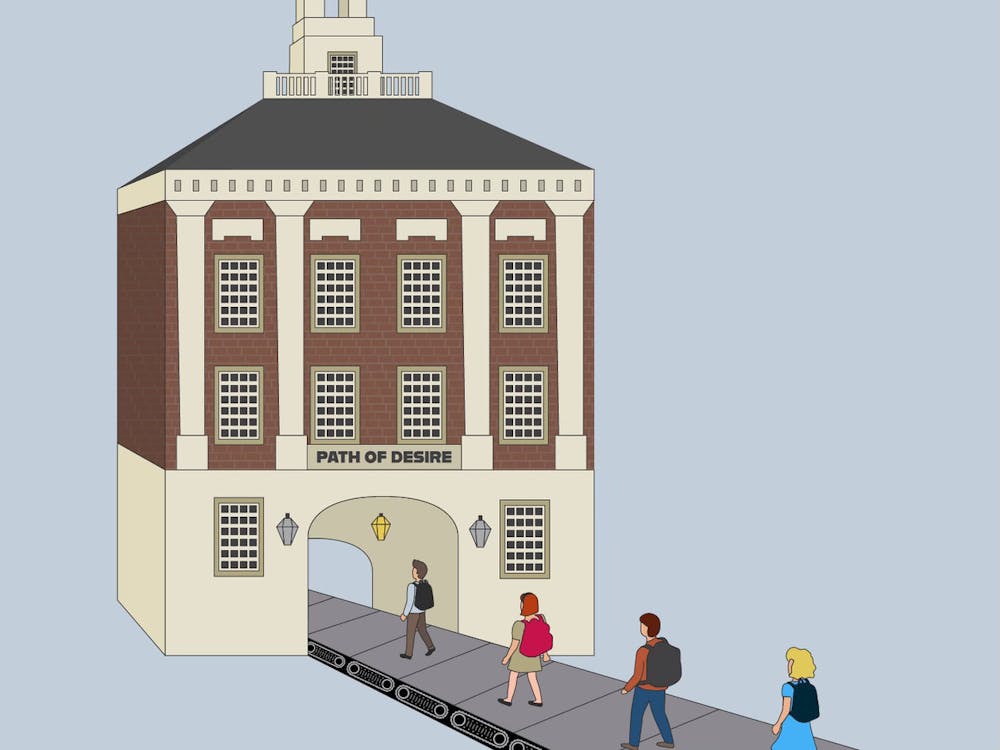The following reflects the majority opinion of the editorial board of The Miami Student
Miami University hosted a U.S. Senate debate between Sherrod Brown and Jim Renacci on Oct. 26 in Hall Auditorium. Before the debate even started, it was evident the crowd would be a factor. Just after 7:00 p.m., a rowdy Renacci supporter screamed "I love you Jim!" as the candidates settled in behind their podiums. That exclamation would turn out to be the friendliest of the night.
The audience of the debate was healthily diverse -- political volunteers, military veterans, community organizers and people of all sorts complemented the usual pool of students, professors and locals. Both sides of the aisle were lively, which can be a good thing when channeled correctly. But at several points on Friday night, that was not the case.
The moderator had to pause the proceedings multiple times in order to quell the disruptions in the crowd. One man in the audience, who repeatedly shouted from the balcony that Sherrod Brown beat his wife, was almost escorted out by the police.
Passion is integral to politics. Politicians are the people citizens are entrusting with their interests and well-being. It's important to care.
What is unacceptable, however, is allowing political differences to push civility out the window.
The political rhetoric in this country is punishingly divisive at the national level. There is no productive reason that members of the public should bring that vitriol to a civil discussion and verbally attack each other in the audience of a televised debate.
Opposing passions will conflict with one another, especially when it comes to sensitive issues like gun control, sexual assault and the drug crisis. But to allow that passion to prevent candidates from talking about potential solutions to those situations is ridiculous.
Allowing hatred between political parties and the people within them to block progress is counterproductive.
When passion tramples on discourse, especially in the audience of a Senatorial debate, it robs the viewers at home of the chance to make their own decisions.
But the blame does not lie solely with the public.
Brown and Renacci were not innocent of giving into the politics of campaigning during the debate, specifically Renacci used a question regarding the Brett Kavanaugh hearing as a lead-up to an attack on Brown.
Enjoy what you're reading?
Signup for our newsletter
Renacci brought up allegations that Brown had domestically abused his ex-wife, Larke Recchi, and then proceeded to not answer the question he was initially asked. If these allegations were true (and Recchi has come out saying that they aren't), there could be value in bringing them into the debate. But this cheap shot pushed the actual, factual policy issues to the background.
Falling prey to aggressive rhetoric does nothing but impede actual dialogue and debate that have always been at the foundation of the government.
How are voters supposed to make a judgement on who to entrust with their vote when all available options are spitting out personal attacks?
The entire climate of political debate needs to change. Policies and grounded campaign platforms need to come back to the forefront of the discussion, and voters need to be allowed to come to their own judgements.
Spewing hate does nothing but prevent the progress every person wants to see, no matter which side of the aisle they're sitting on.



